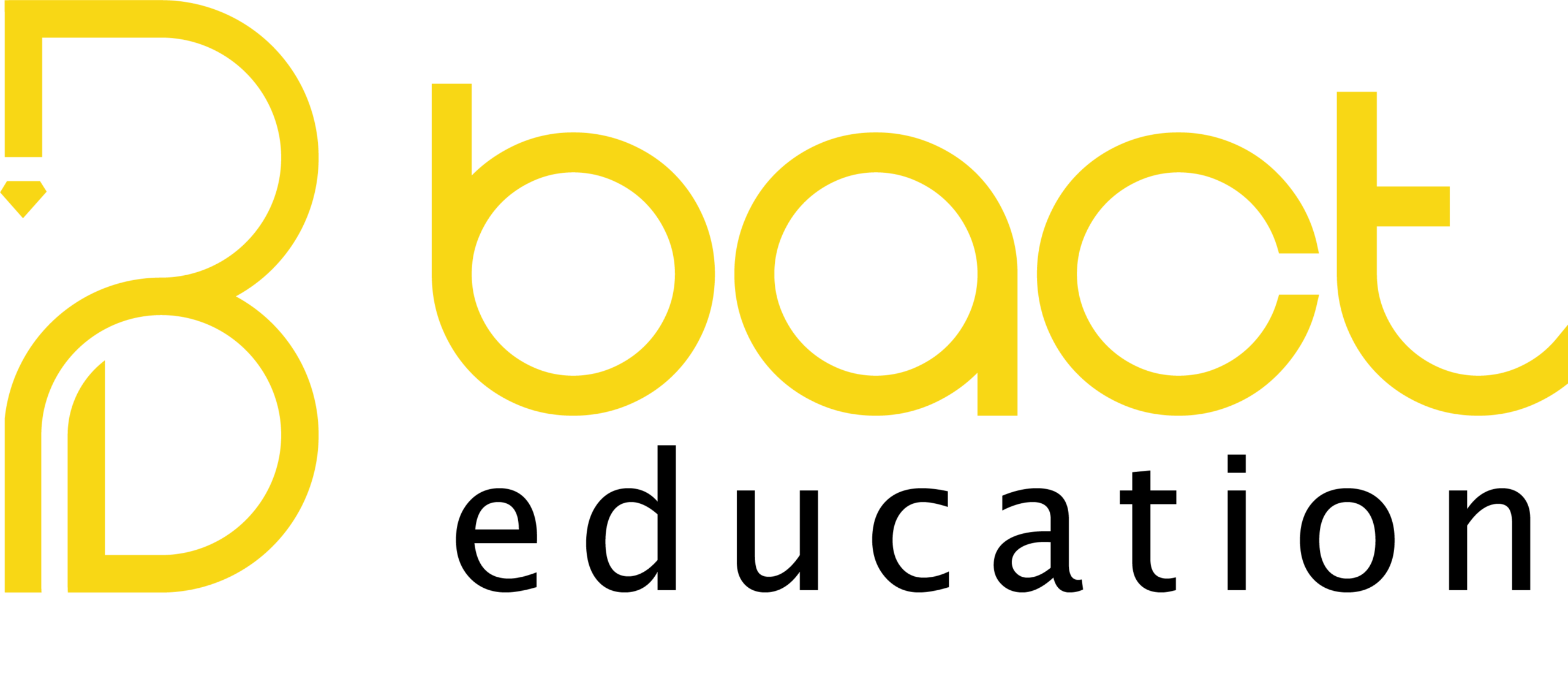Introduction
Effective studying isn’t about long hours staring at books—it’s a systematic process based on understanding how the brain learns. Research shows 80% of students use ineffective study methods, while only 20% employ scientifically-proven strategies. This article presents research-backed techniques to maximize study efficiency.
Part 1: Fundamentals of Effective Studying
1. Smart Planning
– Use “backward planning”: Start from exam date and distribute material
– Follow the 50/10 rule: 50 minutes study + 10 minute break (Pomodoro Technique)
– Create flexible weekly schedules covering all subjects
# 2. The Ideal Environment
– Choose quiet spaces with good lighting and ventilation
– Maintain an organized study area (external order creates mental order)
– Eliminate digital distractions (use airplane mode)
Part 2: Scientifically-Proven Study Techniques
1. Spaced Repetition
– Review information at increasing intervals (1 day, 1 week, 1 month)
– Use apps like Anki or Quizlet to schedule reviews
– Boosts retention to 80% compared to cramming
2. Active Recall
– Test yourself without notes
– Utilize flashcards
– Explain concepts aloud as if teaching someone
3. Effective Summarization
– Create concept maps and diagrams
– Handwrite notes (activates more brain areas than typing)
– Generate potential test questions
Part 3: Enhancing Focus & Comprehension
1. Smart Reading
– Preview headings/images first for overview
– Apply SQ3R method (Survey, Question, Read, Recite, Review)
– Identify key points in each paragraph
2. Deep Learning
– Connect new information to existing knowledge
– Find real-world applications of theories
– Discuss material with peers (reciprocal teaching)
### 3. Energy Management
– Get 7-9 hours sleep to consolidate memory
– Exercise regularly to improve brain circulation
– Eat brain foods like fish and nuts
Part 4: Exam Preparation Strategies
1. Early Preparation
– Begin studying at least 3 weeks before exams
– Practice with past exams to understand question patterns
– Focus on conceptual understanding over rote memorization
2. Pre-Exam Night
– Review only summaries, avoid intensive studying
– Prepare all necessary materials
– Sleep early, wake early for light review
3. During Exams
– Read all questions first, start with easiest
– Allocate time wisely between questions
– Review answers before submitting
## Conclusion
Effective studying is a learnable skill. By applying these research-based methods, you can achieve better results with less wasted time. Remember quality trumps quantity, and deep understanding surpasses superficial memorization. Implement these strategies gradually and you’ll notice significant academic improvement.

